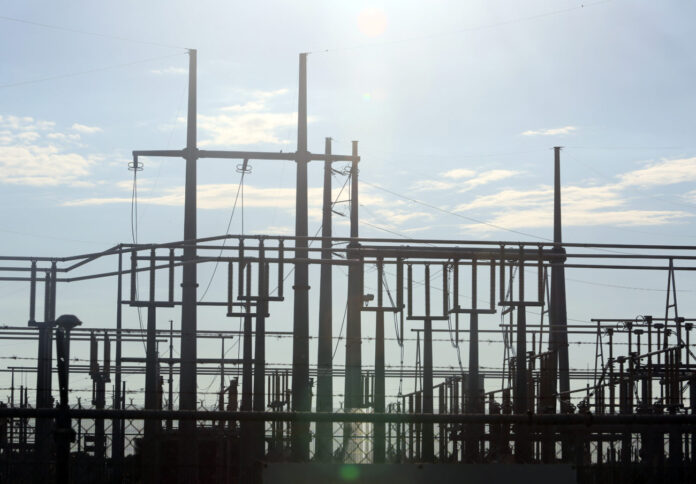
The considerably cool weather that the Rio Grande Valley has seen in the past several months during the pandemic has mitigated the rise in residential energy consumption, which would otherwise be expected due to health guidelines asking residents to spend more time at home. At least that’s according to local energy officials.
But if you haven’t noticed, temperatures are rising in the Valley. With summer officially starting on Saturday, temperatures already reaching the high 90s, and local governments still encouraging the community to practice social distancing, the Magic Valley Electric Cooperative is expecting an increase in its customers’ energy consumption.
According to the Electric Reliability Council of Texas, which works with Magic Valley and operates a majority of the state’s electric grid, a peak of 75,200 megawatts for the summer is expected. That is a little higher than ERCOT’s all-time peak of 74,820 megawatts of August 2019.
Luis Reyes, Magic Valley’s communications manager, said the average home consumes about 1,200 kilowatts, and that during the summer, power use at home increases about 5 to 6%.
“Now the entire family is at home,” Reyes said. “Some are now working from home, both parents in some families. There are now potentially more devices plugged in, for iPads, computers, and with kids using their Xboxes — there is more energy consumption when the whole family is home.”
According to Reyes, an average home’s energy bill is about 45% connected to its air conditioning use. He said the company usually predicts a rise in energy consumption based off of weather predictions.
“It all depends on the weather and how we consume,” he said. “The consumption of energy is so parallel to weather conditions.”
However, the pandemic has changed some of that. With local businesses implementing remote work, and schools closed for summer programs this year, the energy that companies are now saving makes up for the extra consumption at homes, according to Reyes.
“You usually have schools open and companies working, but right now with COVID-19, a lot of those things are not happening,” he added. “So even though there are a lot of people staying at home, it helps that there are no schools and some companies still closed — there is less demand there.”
To control the expected spike in energy consumption in the region during the season, Magic Valley will be offering customers to join its MyResponse Program. Through Nest thermostats, Magic Valley has the power to automatically raise the temperature by a couple degrees in homes during what the company calls a “rush hour event.”
“What we do when it is going to be a very hot day, when we know that the energy consumption and that the demand is going to be pretty high, we use Nest thermostats to run ‘rush hour events,’” Reyes said. “When there is a higher demand on the grid, we use Nest, a third party, to adjust the temperature on those thermostats.”
Magic Valley decides to run a “rush hour event” depending on the weather. If a hot day is in the forecast, they will raise the temperatures of homes by a couple degrees to conserve energy.
Usually, he said, the most power consumption is between 2 and 5:30 p.m. Users of the program, who must purchase these Nest thermostats to participate, would get a notification when the company adjusts their temperature. They will receive company credit at the end of the year as a reward for participating.
Reyes noted that about 700 people across the Valley have signed up for the program, which started last year.
Another way residents could conserve energy is by using ceiling fans to keep air moving in the house, and raising the temperature on hot days. Residents should also close curtains to keep as much heat as possible out of the house.
Reyes also suggested doing laundry just once a week, and meal prepping.
“You would not be using the stove three times a day, every day of the week,” he said. “These may seem like small tips, but done during the month, it can really help the energy bill.”



